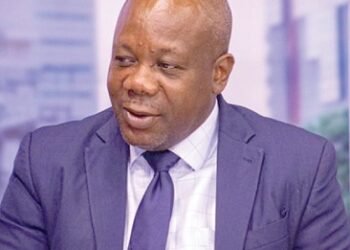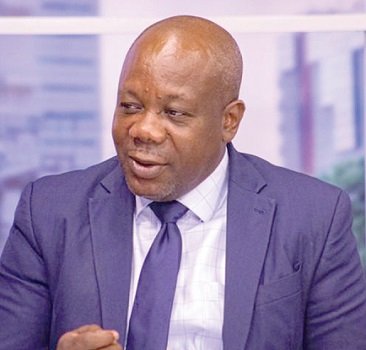Ghana’s economy appears firmly on course to surpass its 2025 macroeconomic goals, according to a new report by IC Research.
The upbeat outlook follows a stellar performance in the first half of the year, which has seen the government outperform on key indicators including inflation, exchange rate stability, interest rates, real GDP growth, and gross international reserves.
In its critique of the 2025 Mid-Year Review Budget, IC Research noted that budget execution over the first six months delivered a “sizable fiscal adjustment” that exceeded both government targets and the firm’s own projections. This, it said, was driven by renewed fiscal discipline, with authorities exercising firm spending controls and avoiding the accumulation of arrears.
Despite some setbacks in non-tax and customs revenue collections, tax revenues held strong, supporting the overall fiscal position. IC Research believes this resilience in revenue mobilization, coupled with careful expenditure management, has positioned the government well to achieve — and potentially exceed — its end-of-year macro-fiscal targets. “All year-end targets were retained, signalling the authorities’ confidence in sustaining the positive momentum,” the report highlighted.
Macroeconomic Stability on the Horizon
IC Research’s optimism is anchored in Ghana’s strong delivery on key macroeconomic indicators so far in 2025. Inflationary pressures have eased, the cedi has held relatively firm against major currencies, and interest rates have seen modest declines, reducing the cost of borrowing.
Real GDP growth in the first quarter of 2025 exceeded expectations, reflecting improvements in both the industrial and services sectors, while gross international reserves remain at comfortable levels. Together, these indicators suggest a healthier macroeconomic environment compared to the post-2024 uncertainties that had clouded investor and public confidence.
Revenue Challenges Linger Despite Gains
However, not all the news is positive. Total revenue and grants for the first half of 2025 stood at GH¢99.3 billion — 3.2% below the official target and representing 7.1% of GDP. The shortfall was largely due to underperformance in non-tax revenue and customs collections.
Non-tax revenue came in at GH¢10.2 billion, missing its target by 19.1%, mainly because state agencies collected less than expected. Customs collections, at GH¢10.96 billion, also fell short by 12.7%, a gap IC Research attributed to systemic revenue leakages at key entry points like Tema Port, as well as the persistent smuggling of goods across land borders.
The government has flagged these revenue weaknesses as potential risks to full-year budget execution and has outlined measures to plug loopholes, improve compliance, and curb smuggling.
Energy Sector Levy Shines
Amid the revenue struggles, the Energy Sector Levy Act (ESLA) emerged as a bright spot. IC Research expects ESLA inflows to maintain strong momentum in the second half of 2025, providing additional fiscal breathing room. This revenue stream has proven resilient and is likely to play a critical role in supporting fiscal consolidation efforts.
IC Research acknowledged that while the first-half performance is commendable, risks to achieving the 2025 targets remain. These include global commodity price fluctuations, potential external shocks, and the persistence of structural revenue weaknesses. However, the report praised the government’s proactive identification of these risks and the introduction of mitigation measures, some of which it described as “credible.”
The combination of solid first-half results, steady macroeconomic fundamentals, and targeted risk management measures has, according to IC Research, “significantly eased” earlier concerns about Ghana’s near-term fiscal outlook.
With inflation easing, the currency stabilizing, and fiscal discipline holding, IC Research suggests the government is not only on track to meet but possibly to exceed its 2025 macro targets. This would mark a significant turnaround from the fiscal and economic challenges of recent years, potentially bolstering investor confidence and laying a stronger foundation for medium-term growth.
READ ALSO: UBA and PAPSS Join Forces to Power Instant, Low-Cost Cross-Border Payments Across Africa



















